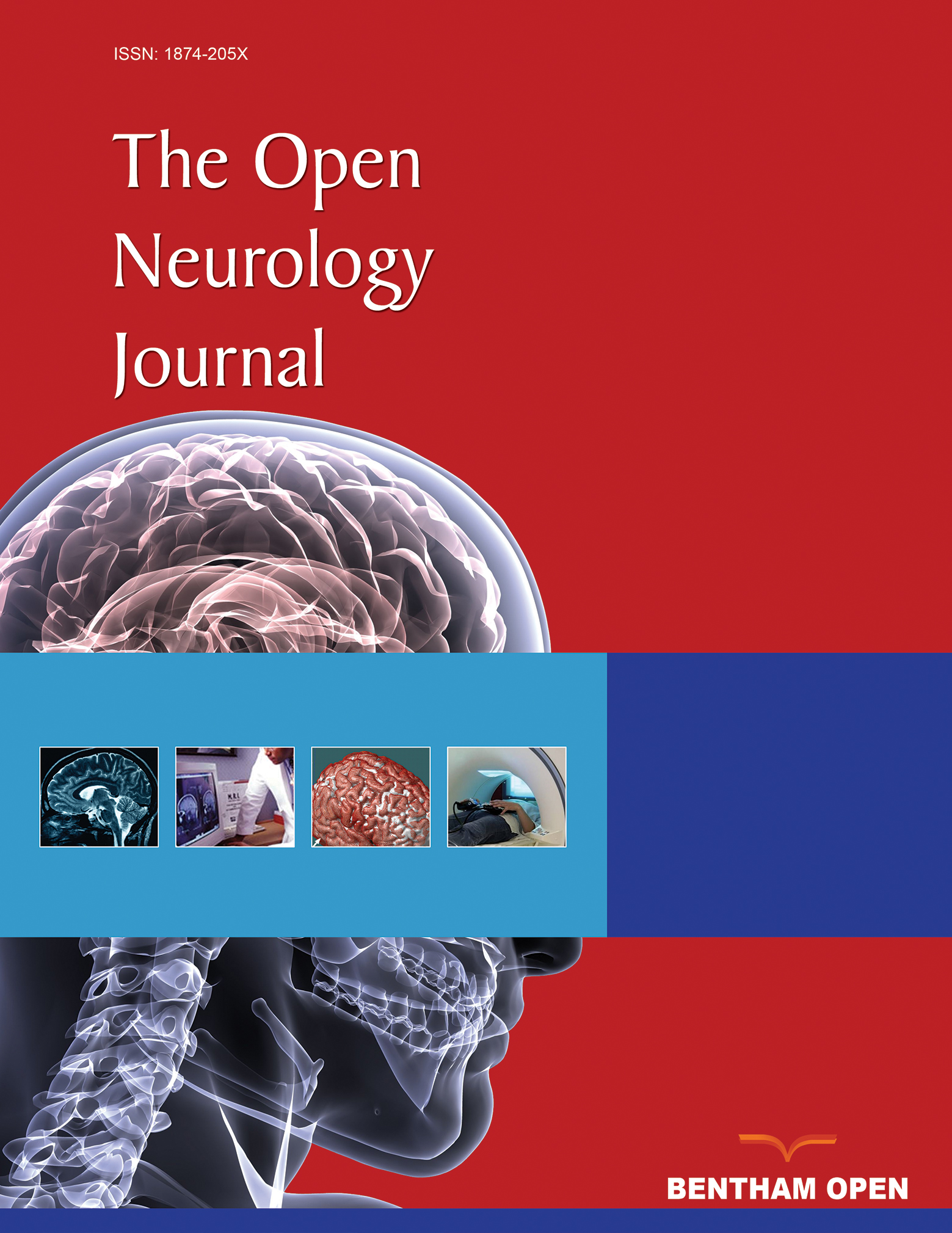Specific Effects of Anti-Hypertensive Treatment in an Older Patient with Dementia
Abstract
Dementia is one of the most common health problems in the world. Alzheimer’s disease (AD) is the most common form of dementia. The presence of vascular risk factors such as hypertension (HT) may increase the risk of AD [1,2]. The relation between blood pressure (BP) and dementia has been the subject of numerous epidemiological studies, midlife HT is a risk factor for dementia and AD [3-7] but the association between HT and risk of dementia is lower in the older population [8].
A fair modulation of an antihypertensive treatment, based on the cognitive status of the elderly, can avoid multiple complications.
A case of an older for whom cognitive improvement and reduced risk of falls were noticed after mild blood pressure elevation is reported.


